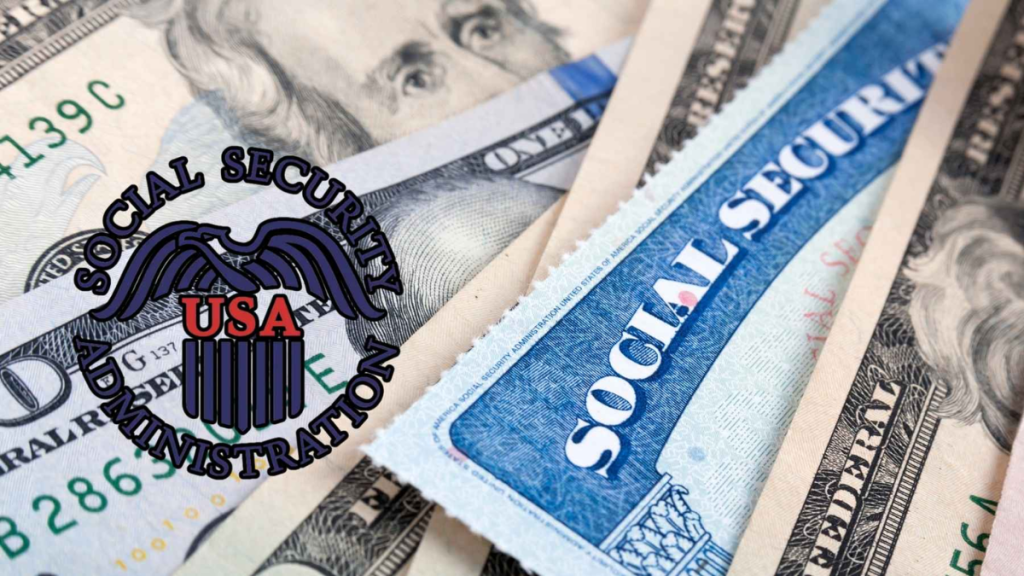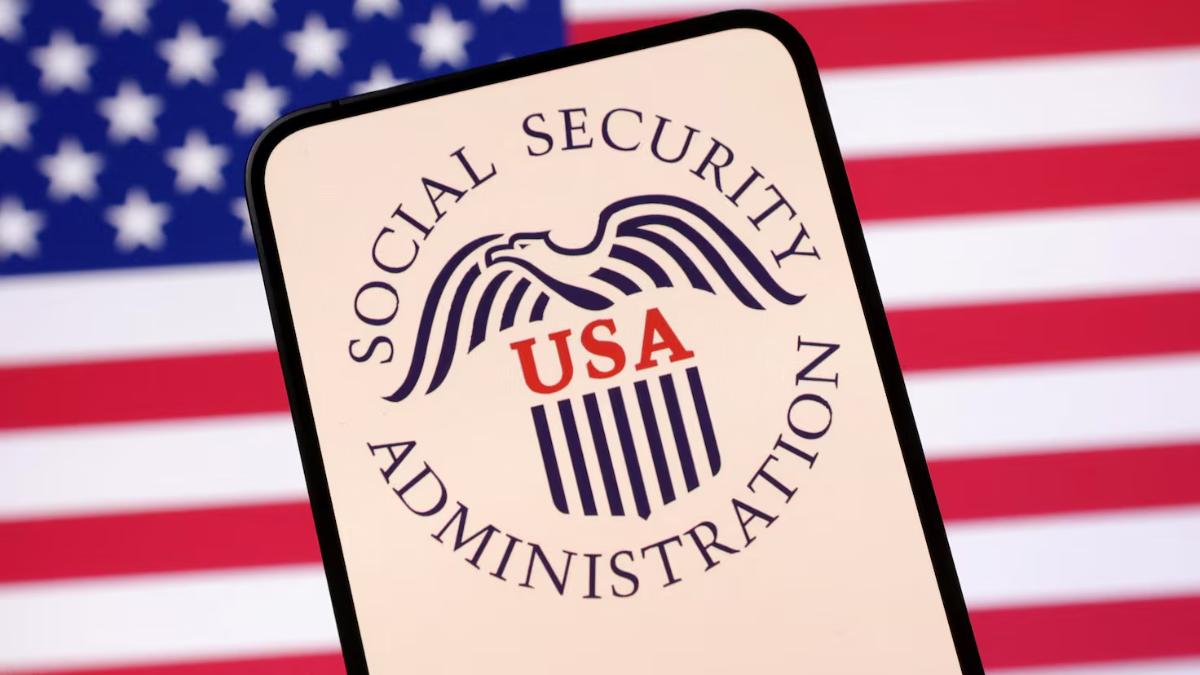WASHINGTON, D.C. — In a move causing concern among advocacy groups and families, the Social Security Administration (SSA) is implementing an administrative policy change that will eliminate the final month’s benefits for survivors of deceased beneficiaries.
This shift, set to go into full effect in late 2025, will impact tens of thousands of American households each year who rely on the final Social Security check as they transition into life without a loved one’s income.
What Is the Policy Change?
The SSA currently follows a “no benefit due for the month of death” rule, which stipulates that Social Security benefits are not paid for the month in which a beneficiary dies, regardless of when during that month the death occurs.
However, in practice, many payments are issued before the SSA receives notice of a beneficiary’s death—leading to those funds being paid out and then later reclaimed by the government.
Under the new policy, set to be implemented in stages starting in fall 2025, the SSA will accelerate the process of halting payments to ensure that survivors do not receive that final check at all.
This policy formalization is intended to reduce government overpayments but is drawing criticism for its potential impact on grieving families already dealing with financial and emotional stress.
How the System Works Now
Social Security benefits are paid one month in arrears. For example, a benefit check received in October covers the month of September. If a beneficiary dies on September 30, they are technically not due a payment for October—even if the payment is already on its way.
Currently, if the SSA is notified late or if a payment is automatically deposited, the agency sends a notice demanding repayment. Often, the bank will return the funds, but in cases where the money is withdrawn or spent, survivors may be left responsible for repaying the government.
This new administrative change is intended to prevent the need for repayment entirely by halting benefit delivery sooner—but it also means that families will have even less financial support during a difficult time.
Who Will Be Affected?
According to SSA data, more than 2.8 million Americans die each year, and a significant number of those were receiving Social Security benefits. With the rule that benefits are not paid for the month of death, an estimated 200,000 families annually will be directly affected by the withheld final payment.
Those particularly impacted include:
- Spouses and children who depended on the deceased’s income for household needs
- Lower-income families with little financial cushion
- Recipients in states where survivor benefit programs have limited reach
Advocacy organizations have voiced strong opposition, claiming that the rule disproportionately affects economically vulnerable families.

Why the Change?
The SSA argues that the updated policy will create administrative efficiency and reduce overpayments. In fiscal year 2023, the agency reported nearly $1.5 billion in overpayments due to deaths that were reported late or not properly flagged in the system.
SSA officials emphasize that the change is not new policy but rather a stricter enforcement of existing rules. “We are not changing the law; we are streamlining the administration to match statutory requirements,” an SSA spokesperson stated in a recent briefing.
Nonetheless, critics say the rule lacks compassion.
Criticism From Lawmakers and Advocacy Groups
Several lawmakers from both parties have voiced concern about the change, urging the SSA to reconsider or at least offer a grace period for survivors.
Senator Tammy Baldwin (D-WI) stated, “At a time when a family is dealing with the death of a loved one, they shouldn’t be dealing with financial clawbacks or withheld funds. We need to show compassion, not bureaucracy.”
The National Committee to Preserve Social Security and Medicare (NCPSSM) also criticized the decision. In a public statement, they said, “This rule may make life easier for SSA accountants, but it makes life harder for grieving families who are suddenly left to cover rent, funeral costs, and other bills without the benefit their loved one earned.”
What Can Survivors Expect?
Survivors should prepare for the possibility of not receiving the final Social Security payment for their loved one—even if the deceased passed away late in the month.
The SSA encourages survivors to report deaths as soon as possible through either funeral homes, who often assist with official reporting, or directly by calling 1-800-772-1213.
In addition, families may apply for a one-time $255 death benefit, though critics argue this amount is outdated and insufficient for modern funeral expenses.
Planning for the Change
Financial experts recommend that families:
- Include funeral and emergency expenses in financial planning
- Avoid relying on the final month’s payment as guaranteed income
- Ensure death certificates are filed quickly and through proper channels
Legal advisors note that Social Security overpayments may still be pursued if funds are disbursed and not returned, even under the new rule.
Conclusion
As the SSA prepares to fully implement this administrative change, families of deceased beneficiaries should take steps to prepare for the loss of the final Social Security check.
While the change is meant to curb overpayments, it brings new challenges for survivors already navigating the emotional and financial realities of a loved one’s death.
Stakeholders continue to debate whether the policy strikes the right balance between fiscal responsibility and compassion. In the meantime, millions of Americans are being urged to understand the system and plan accordingly.
For more on survivor benefits, visit the SSA’s official page here: SSA Survivors Benefits
Disclaimer – Our team has carefully fact-checked this article to make sure it’s accurate and free from any misinformation. We’re dedicated to keeping our content honest and reliable for our readers.
